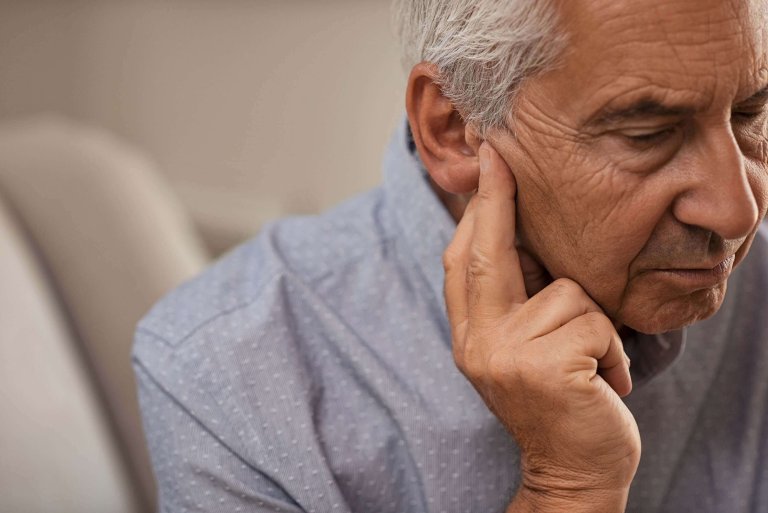1. Turn the volume down
If, like many of us, you listen to your music through headphones or earphones, then you should follow the 60/60 rule. That’s listening to music for a maximum of 60 minutes at a maximum volume of 60%. It’s important to give our ears a rest after prolonged exposure to sound, especially when using headphones as exposure to loud sounds contributes to noise-induced hearing loss later in life. The quieter you can listen to your music, the better it is for your ears!
Wearing earphones can also contribute to ear wax build-up, as they prevent the ears’ natural cleaning cycle, meaning that ear wax that would naturally shed may get stuck in the ear.




